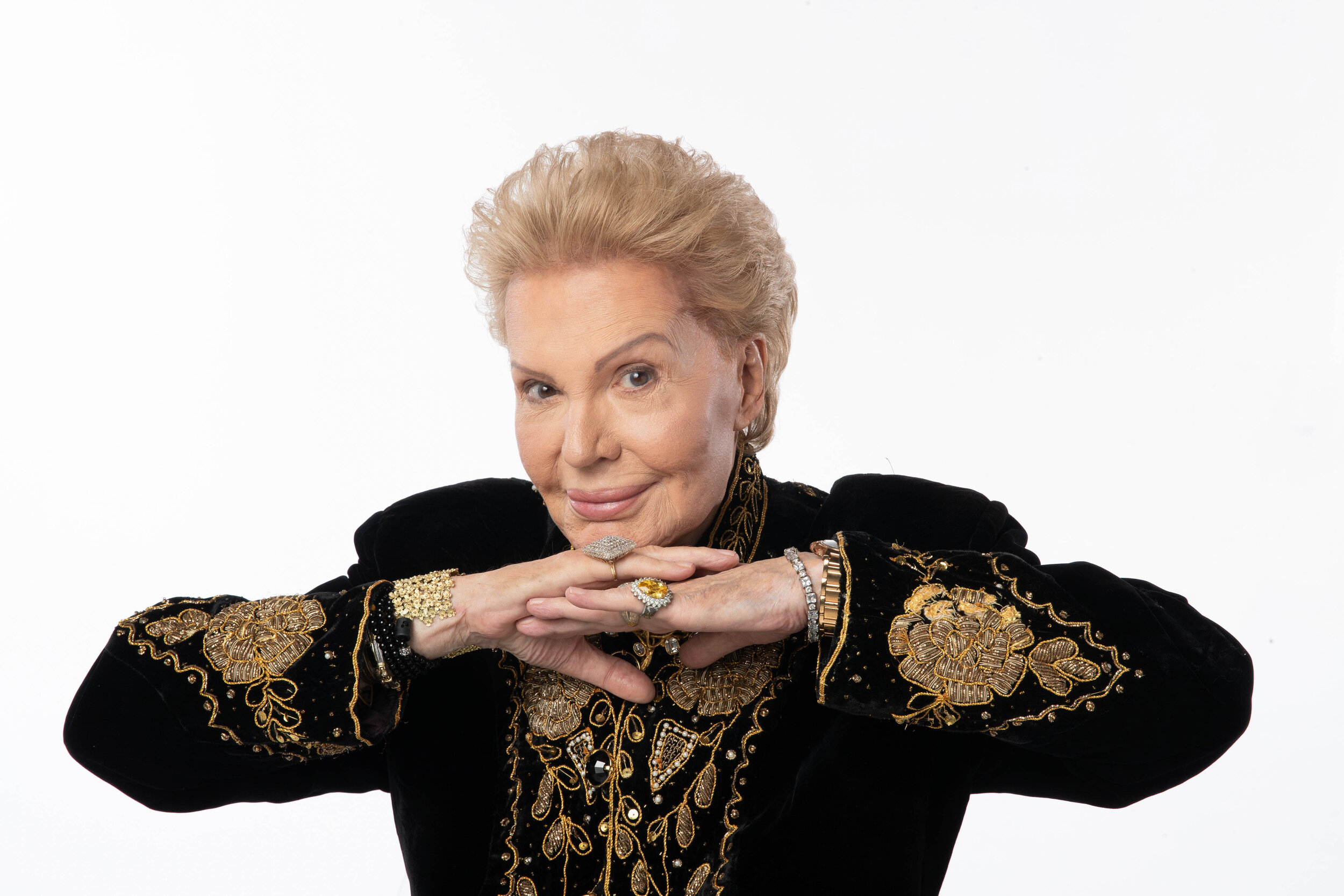Sundance review: 'Mucho Mucho Amor' a fond, fun tribute to larger-than-life astrologer Walter Mercado
‘Mucho Mucho Amor’
★★★1/2
Playing in the U.S. Documentary competition of the 2020 Sundance Film Festival. Running time: 96 minutes. (Playing with a 7-minute short, “The Shawl.”)
Screens again: Friday, Jan. 31, 12:30 p.m., The Ray (Park City).
——
If you never heard of Walter Mercado, the documentary “Mucho Mucho Amor” is a delightful corrective — and those who grew up on Mercado’s flamboyantly presented TV horoscopes, the film is a fond look back at an icon for millions in the United States and all points south.
The hardest thing directors Cristina Constantin and Kareem Tabsch have to do here is explain to the uninformed who Mercado was. (He died on Nov. 2, the day after the filmmakers submitted the film to Sundance.) He had the swagger of Elvis, the wardrobe of Liberace, the accepting manner of Mr. Rogers, and the television ubiquity of Ryan Seacrest. He was an astrologer who read horoscopes on the air — and many of the fans interviewed, including Lin-Manuel Miranda and comedian Eugenio Derbez, describe how their abuelitas would tell them to be quiet until Mercado read their star signs.
Born in rural Puerto Rico n 1932, Mercado was protected by his mother, who believed he could heal people by touch. He went to San Juan to study dance, and became an actor in telenovelas. When a variety show producer had someone drop out, he put Mercado on camera to read horoscopes. The switchboards at the station lit up, and a caped-and-sequined star was born.
Mercado’s fame lasted for decades, but it’s hard to fathom how a pompadour-sporting man in extravagant costumes could flourish in a conservative, Catholic place like Puerto Rico. Many credit Mercado’s life-affirming spirit, evident in the video clips of his many TV appearances, for winning over hearts and minds in the Spanish-speaking parts of the Americas.
There were hardships, though — many of them caused by the contract Mercado signed with producer Bill Bakula, the man who took Mercado’s career into the American mainstream. The contract gave Bakula’s company rights to use Mercado’s name and likeness in perpetuity. Bakula is interviewed in the film, and he expresses no regrets.
“Mucho Mucho Amor” covers those down periods, but even then the film is celebratory because Mercado would have it no other way. His personality, even as ill health troubled him in his final years, cannot be contained.
